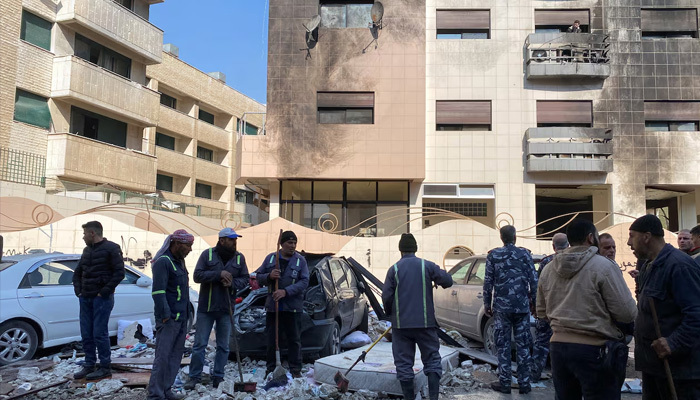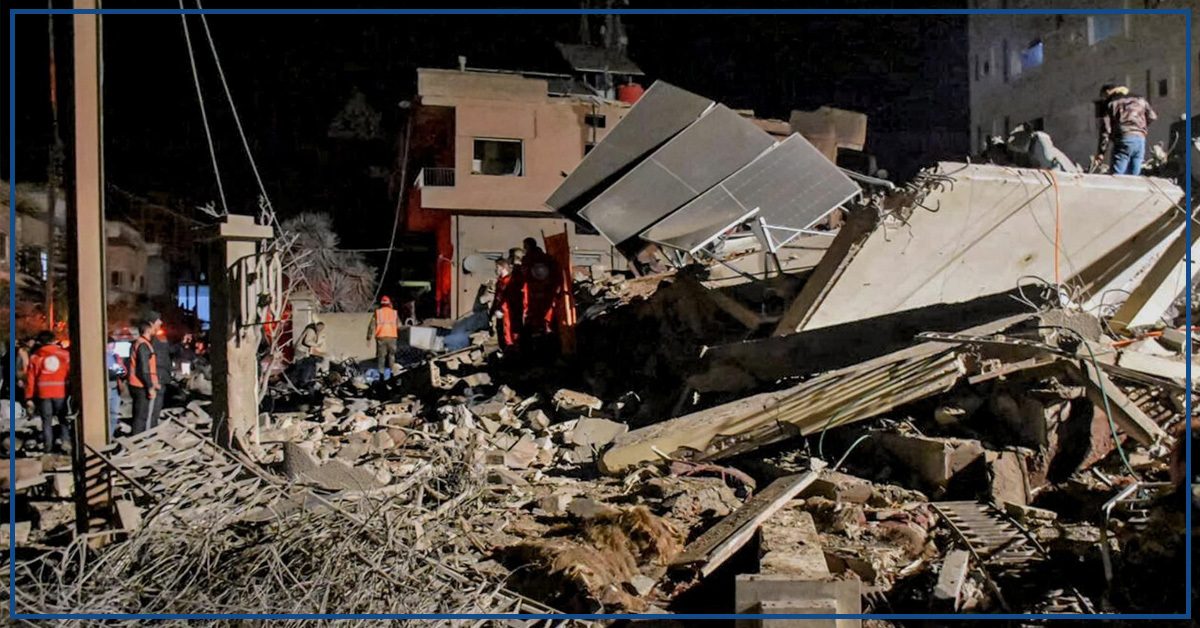In recent news, the world has been shaken by reports of Israeli strikes on Syria resulting in the unfortunate loss of 38 lives. These events have sparked widespread concern and debate, prompting us to delve deeper into the complexities surrounding this issue.
The Israeli strikes on Syria must be viewed within the context of the ongoing political tensions and military actions in the region. The volatile relationship between Israel and Syria, compounded by regional power dynamics, has historically contributed to periodic escalations and confrontations.
Israeli military operations often target what they perceive as threats to their national security. In this case, the strikes were purportedly aimed at military targets associated with entities deemed hostile to Israel. However, the collateral damage resulting in civilian casualties raises ethical and humanitarian concerns.
The loss of 38 individuals in the strikes is not merely a statistical figure but represents 38 unique human stories extinguished by conflict. Behind each number lies a family shattered, dreams destroyed, and communities grieving the irreplaceable void left by their loved ones’ absence.
While military operations often prioritize strategic objectives, civilian casualties underscore the grim reality of armed conflict. Despite efforts to minimize collateral damage, the inherent unpredictability of warfare exposes innocent bystanders to grave risks, perpetuating a cycle of violence and suffering.

The international community must scrutinize the humanitarian implications of such strikes and uphold obligations under international law to protect civilian lives during armed conflict. Respect for fundamental human rights and adherence to principles of proportionality and distinction between military and civilian targets are paramount.
The Israeli strikes on Syria reverberate beyond national borders, affecting regional stability and exacerbating existing tensions. Given Syria’s complex geopolitical landscape and its entanglement in regional power struggles, such incidents have the potential to escalate into broader conflicts with far-reaching consequences.
In the aftermath of these strikes, diplomatic channels must be leveraged to de-escalate tensions and facilitate dialogue between the parties involved. Constructive engagement, coupled with multilateral initiatives, is essential for addressing underlying grievances and advancing sustainable solutions to regional conflicts.
The Israeli strikes on Syria, resulting in the loss of 38 lives, serve as a stark reminder of the human cost of armed conflict. As we reflect on the complexities of this situation, we must reaffirm our commitment to peace, justice, and the protection of civilian lives. Through concerted efforts and unwavering resolve, we can aspire to a future where such tragedies are consigned to the past.





